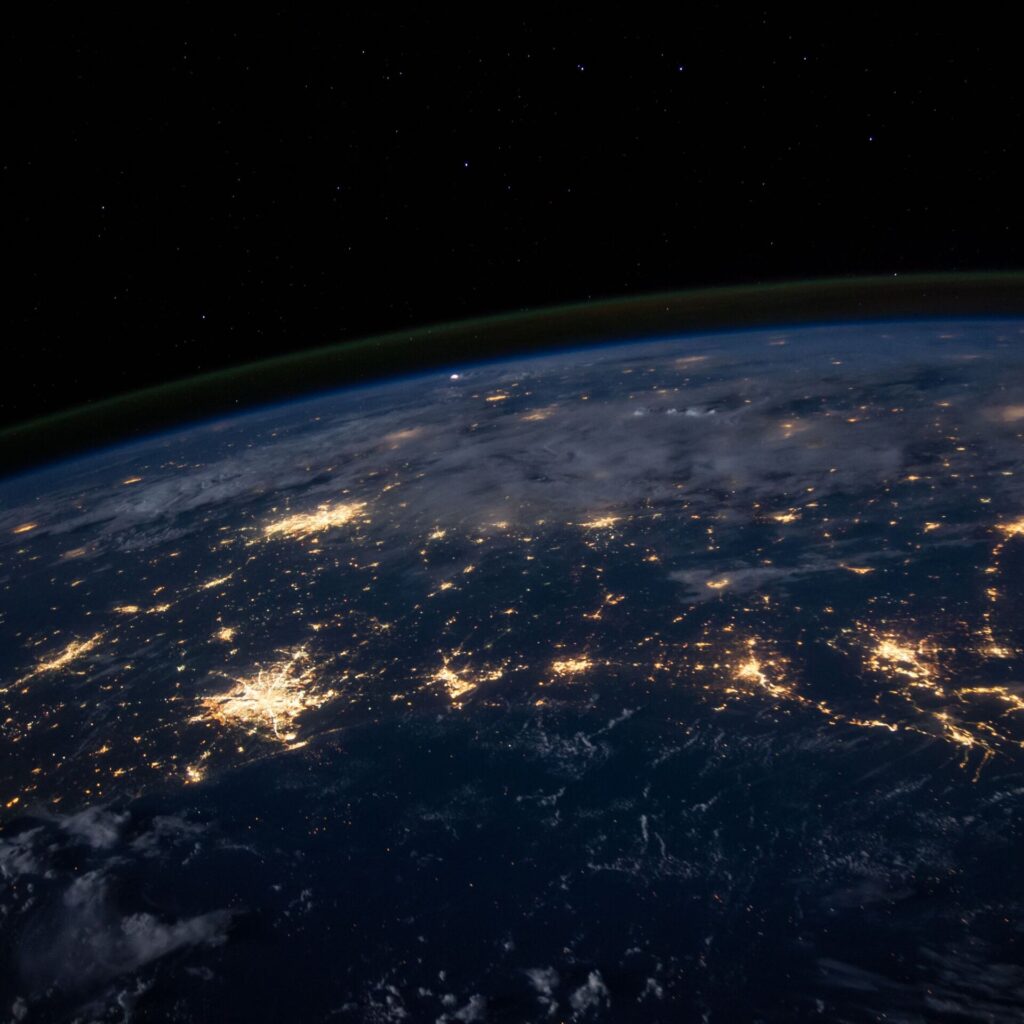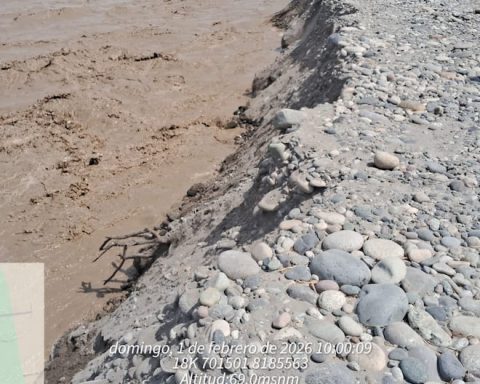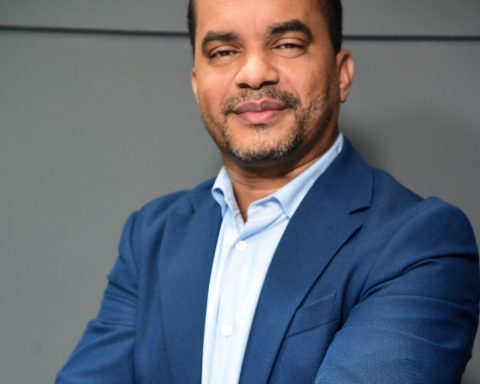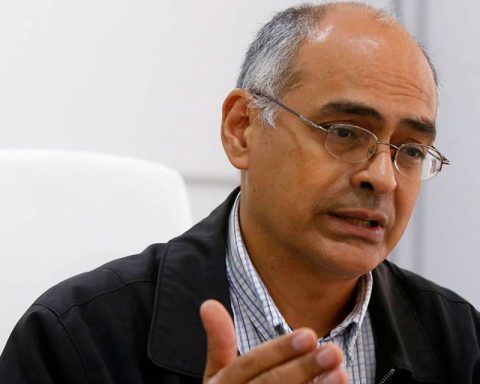The UN noted that between 350 and 500 medium-to-large-scale natural disasters were recorded in 2021 and warned that projections point to 560 disasters per year, or 1.5 per day by 2030 if immediate management and financing provisions are not made to avoid or lessen the threats.
To discuss the reduction of the danger of catastrophes and their management, hundreds of representatives of governments and international organizations met in Bali, Indonesia, the United Nations website reported on Wednesday.
“If things continue like this, we will experience 1.5 medium-to-large-scale disasters every day by 2030,” UN Deputy Secretary-General Amin Mohammed warned Wednesday at the opening of the Global Platform for Risk Reduction. Disasters.
The meeting comes after the coronavirus pandemic slowed progress in all areas of global development, from climate change, risk reduction and gender equality.

In his speech, Mohammed stated that the decisions that are made and the actions that are taken at this time “can inadvertently influence our risk and exposure.”
Mohammed noted that there is a need to invest in stronger data capabilities that can better anticipate, prevent and respond to complex risks before they become disasters, including co-developing risk analytics and investing in data coordination and infrastructure. that allows the exchange of knowledge and joint anticipatory action.
He also indicated that priority needs to be given to least developed countries and small island developing States that suffer disproportionately when natural disasters strike.
“Disasters in these countries can wipe out decades of development progress and economic growth in a single event, with very serious long-term economic and social consequences.”he indicated.

Last month, the UN published a report warning of the spiral of self-destruction in which the world finds itself and reporting that disasters in the Asia-Pacific region, currently the most affected by these disasters, cost an average of 1.6% of the annual Gross Domestic Product (GDP), more than anywhere else in the world.
In this sense, the president of Indonesia, in charge of opening the Summit, stressed that from January 1 to May 23 of this year, 1,300 disasters have been documented in his country, which suffered a average of 500 earthquakes per month.
Those gathered at the Global Platform, which ends on May 28, will assess progress in the implementation of the United Nations Sendai Framework, recommend actions for policymakers, share good practices and seek to raise awareness of the importance of prevention of risks and building resilience.

















